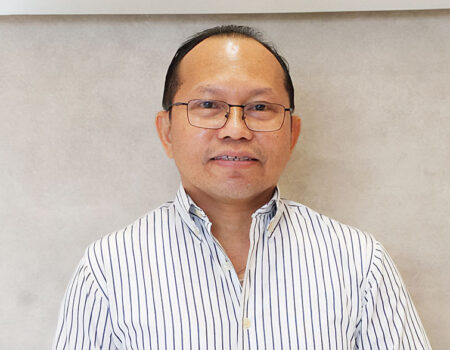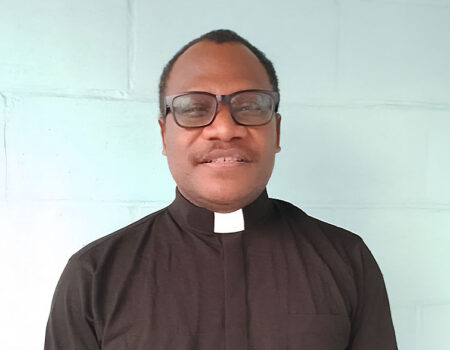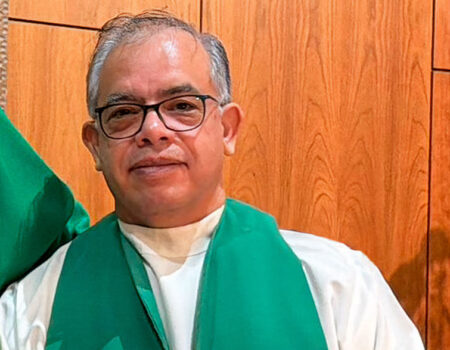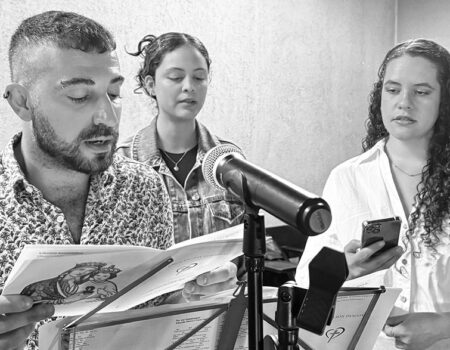Digital Missionaries
Tuesday September 30, 2025
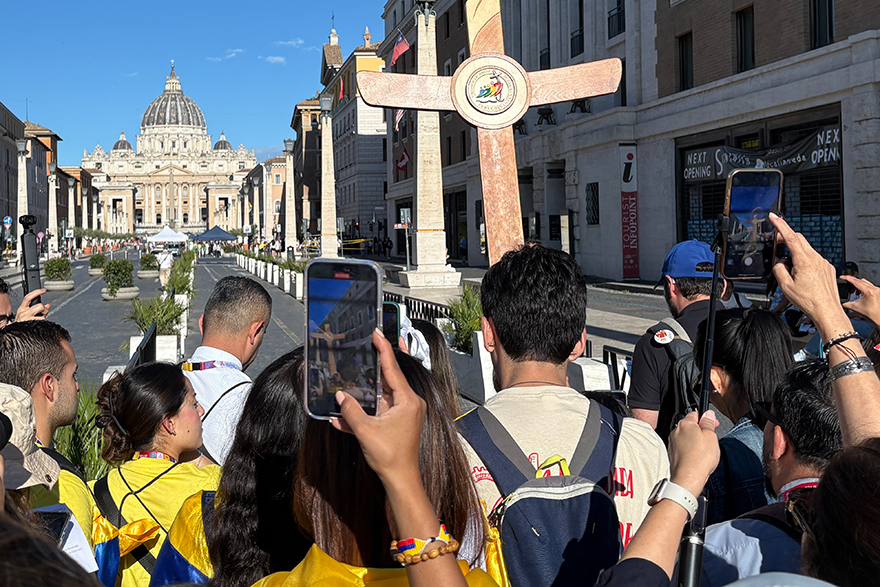
On 28 and 29 July, after years of work to define how to spread the word of God, transmit the lifestyle of Christ, and make the Church present in the digital world, a historic event was celebrated: the first Jubilee of Digital Missionaries and Catholic Influencers. Pope Francis had encouraged the Dicastery for Communications to work to develop this line of evangelisation. It was so important to him that at the last Synod of Bishops, a specific working group on digital pastoral care was formed, which was very well received and aroused, in the bishops themselves, a special interest in carrying out this missionary work from the different dioceses. It recognised the importance of ‘the evangelisation of the culture of the digital environment’ (Final Document, n. 58) and guided ‘The mission in the digital environment’ (Final Document, n.8).
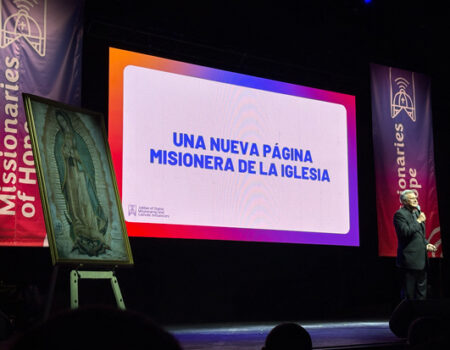
With all this background, the Jubilee of Digital Missionaries and Catholic Influencers was presented with the aim of defining how to develop this digital mission, taking for granted that it is already a reality and that the mandate to go and evangelise that Jesus gave us as his followers now also includes the “digital continent”.
Beyond the content, ideas and reflections that were shared, it is worth highlighting the atmosphere of fraternity. People of very different ages and backgrounds, priests, religious, lay people, young people, fathers and mothers… from more than 50 countries on five continents embraced, greeted and conversed with each other, recognising each other as equals. Not even the number of followers made a difference between people. It did not matter whether they had hundreds, thousands or millions of followers; the atmosphere was truly one of community. One body (1 Cor 12:12-27).
The Holy See has taken the digital mission very seriously. Cardinal Parolin, Secretary of State of the Holy See, Cardinal Fisichella, Pro-Prefect of the Dicastery for Evangelisation, Dr Ruffini, Prefect of the Dicastery for Communications, and Monsignor Lucio, Secretary of the Dicastery for Communications, who spoke to participants about the attitudes that digital missionaries should have and how to convey content on social media. They emphasised the idea of encounter, of people meeting other people, the value of listening and, above all, the value of witness, focusing on “missionary witness” as the attitude of recognising the other as a neighbour. From this perspective, the content posted on social media by a digital missionary should be a proclamation that inspires faith. In many cases, missionary work on social media is a first proclamation.
Another constant emphasis was on walking in the Church, for the Church. Being in relationship with one another and feeling part of a group. Like missionaries working in the field, the digital mission is also communal and in line with the Church.
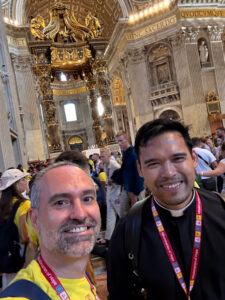
We must be aware that Christ’s message is not merely content that is published with varying degrees of success. It is not the recognition of followers that we should seek, since, as people, digital missionaries are instruments of God. In this way, authenticity was also emphasised, being faithful to the word, because the digital missionary is not a brand to follow, but rather the presence of God.
In the evening, St. Peter’s Basilica was reserved for digital missionaries. Presided over by Cardinal José Cobo, Adoration of the Blessed Sacrament was celebrated, serving as a real encounter with Christ. Digital evangelisation also needs prayer. Each piece of content must be prayed over before being published.
And it is not only the word, not only evangelisation and the transmission of the faith that are part of the digital mission. After the final Mass, presided over by Cardinal Tagle, Pope Leo XIV made a surprise appearance. Addressing the digital missionaries, he issued three challenges: to be bearers of peace and Christian hope on social media; to always seek the “suffering flesh of Christ” in every brother and sister we encounter on the internet; and to go out and repair networks and build other networks, networks of relationships, networks of love, networks of free exchange, in which friendship is authentic and profound.
The digital mission also risks becoming virtual and diluted. For this reason, digital missionaries are encouraged to meet in parishes, youth centres, and religious organisations to participate in the sacraments and maintain a connection to the real and true Church. The encounter is digital, but the people are real. The publications are virtual, but Christ, His message, and the presence of God and the Spirit remain authentic.
Javier Trapero


